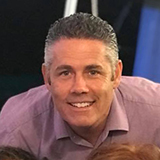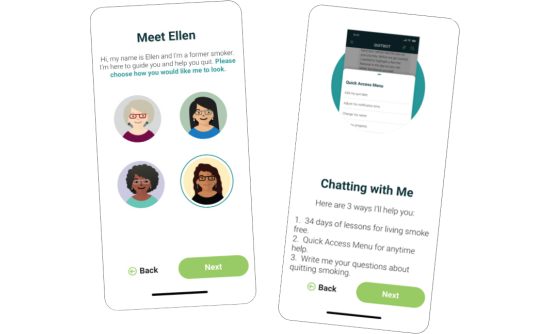The start of a new year is often a time for people to reflect and think about how they want to improve their lives. Some of the most significant ways involve changes such as losing weight, quitting smoking, and eating more healthfully. Many of these resolutions can be tied not only to being healthier in general, but may also help in reducing the risk for certain cancers.
If you are thinking about cancer prevention and overall healthier habits, here are some things to consider when making your resolutions.
Know Your Family History
It is important to know if people in your family, such as grandparents, great-grandparents, blood-related cousins, or aunts or uncles, have had certain types of cancer. For example, if there are members of your family who have had the same type of breast cancer, there might be a common genetic mutation. If this is the case, and you want to find out if you share it, you can be tested. Here is some more information on looking at genetic screening for breast cancer. As always, consult with your physician first before deciding if this is right for you.
Screening
The American Cancer Society offers general guidelines on when individuals of "average risk" should begin screening for various cancers. It is important to note that these are general guidelines for people who do not have certain cancers in their families. If members of your family have had certain types of cancer, such as breast or colon, then this could determine if you should be getting screened earlier. Develop an individualized cancer screening plan with the help of your provider.
Self-Checks
For both men and women, it is important to know what you should be doing at home. Self-checking for lumps can help identify tumors for breast and testicular cancer, and prompt you to seek further testing.
Smoking
According to the 2014 Surgeon General's Report, "cigarette smoking and exposure to tobacco smoke causes about 480,000 premature deaths each year in the United States," and 80% of lung cancer deaths are related to smoking. It may take several attempts to quit, but it is a goal that can be achieved.
Sunscreen
The most common form of cancer is nonmelanoma skin cancer. One of the best ways to avoid skin cancer is to wear protective clothing and apply sunscreen when outdoors. Hats are a great way to protect your head and face. With sunscreen, it is important not only to apply it liberally, but to do so in spots that might not be covered by clothing, such as ear lobes, neck, and scalp. In addition, get checked annually by a dermatologist for any unusual marks or blemishes.
Read "Skin Cancer: Risk Factors and Prevention Strategies""Lose Weight
According to the American Institute of Cancer Research, being overweight or obese increases one's risk for 12 cancers. Losing weight not only reduces cancer risk, but also improves self-esteem and increases energy levels.
Food as cancer prevention
The idea of "food as medicine" has been around for a very long time, but the science is catching up on this. Certain foods not only offer plenty of health benefits, but are also said to prevent cancer.
Walking
If you are not already on a regular schedule of walking, think about starting one. Not only is this a great way to control your weight and help your cardiovascular system, it may also reduce stress.
Read "Following Exercise and Nutrition Guidelines Can Prolong Life After a Cancer Diagnosis"Stress Reduction
Speaking of which, find ways to lessen stress, whether through exercise, finding a hobby you enjoy, or making lifestyle changes to lower the number of outside stressors.
Consult Your Provider
Your physician keeps up with the latest information and recommendations, so be sure to have a dialogue with your provider to determine what you should do to stay healthy.
Make it a Routine
The biggest thing to remember is that habits can take time to set, so schedule regular days and times for exercise to keep up with your new regimen. Some studies say it can take 3 weeks or longer for habits to form. Patience and consistency are key!
Are you doing things now to reduce your cancer risk? We invite you to share your resolutions and how you plan to keep them. Submit your story to CONQUER!
















